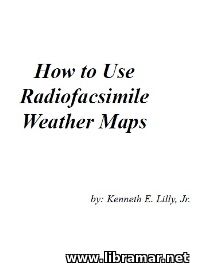
One of the best volumes of the whole Reeds Handbook series. The content of the present publication is actually based on the Reeds Skipper's Handbook providing skippers with the necessary information and advising them on the proper crew planning. The book will serve as an excellent complement to the well known Ocean Yachtmaster course.
The readers will be provided with the essential navigation and weather information, explanation of the basic theory f route planning, and will get handy and practical instructions on the long-range radio-communications as well as risk and emergency preparations, passage making and many other useful info. The world climate is covered in the pages of this book together with the route planning, navigation and astro-navigation were paid particular attention by the author, and this approach has made this volume one of the best available and bestselling titles in the field.
The content is internationally relevant and may be applied in any part of the world. The text is supplemented with many color data diagrams, making the understanding much easier. We would highly recommend this volume to all lovers of sailing and promise they will find lots of useful information inside.






